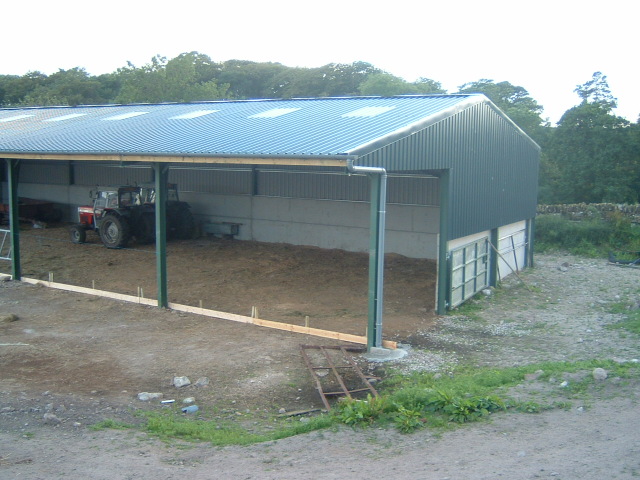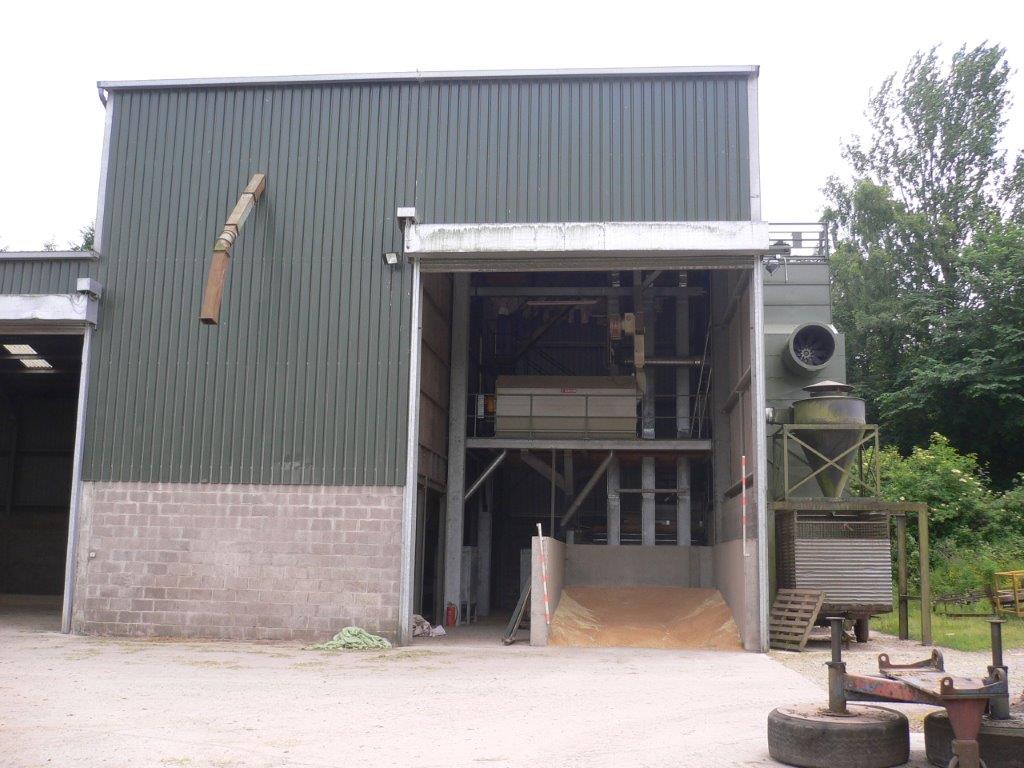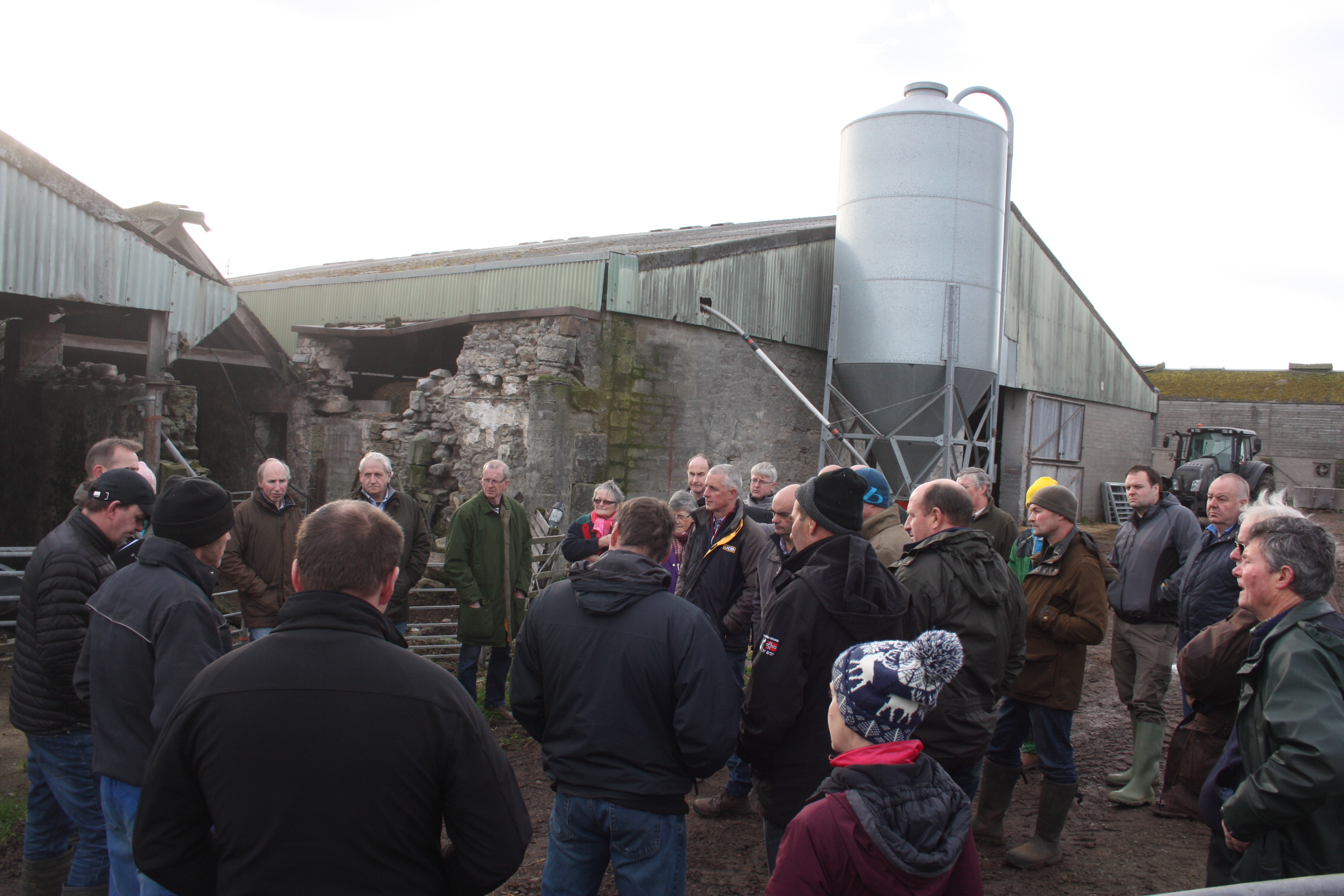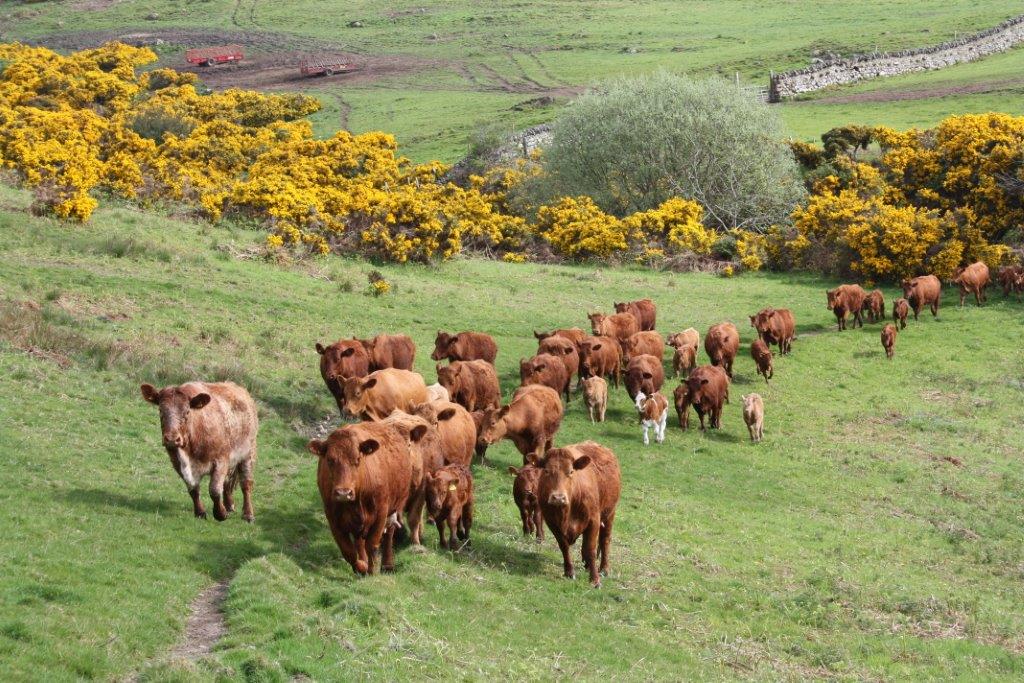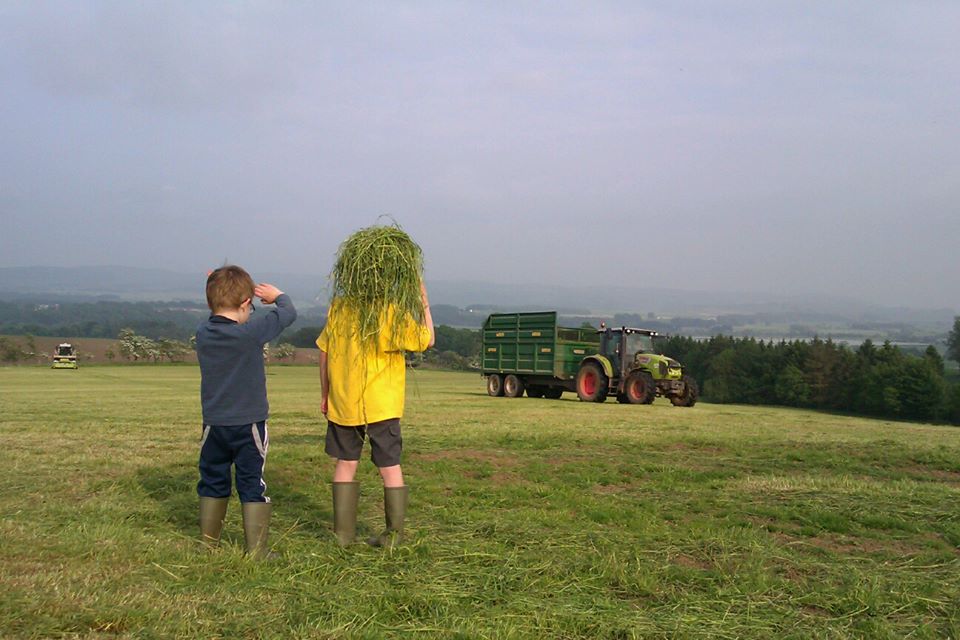Oct 15 2020
STFA launches last ditch amnesty plea
News Release
Scottish Tenant Farmers Association
15th October 2020
STFA launches last ditch amnesty plea
The Scottish Tenant Farmers Association has welcomed Tenant Farming Commissioner, Bob McIntosh’s timely warning today of the fast approaching deadline of the amnesty on tenant’s improvements. In response to Covid 19 restrictions and STFA’s request in March, the Scottish Government agreed to extend the amnesty period by six months to 12th December 2020.
Time is running out, but STFA believes that with goodwill on both sides there is still time for tenants to finalise amnesty agreements with their landlords in the remaining two months using the informal process. However, where it may not be possible to conclude the amnesty before 12th December tenants must serve a formal notice in order to preserve their position.
Commenting on the situation, STFA Chairman Christopher Nicholson said; “Although the majority of tenants have already completed the amnesty process, we are aware that, as predicted, there are some who have left it to the last minute. Despite this, we would urge landlords and tenants to work together to agree and record these improvements in the short time available.
“As has been said many times before, the amnesty is a unique opportunity for tenants to rectify past mistakes and omissions in their paperwork which otherwise, could prevent them from receiving waygo compensation for improvements made over the course of the tenancy. This could be the difference between coming out of the tenancy with a comfortable nest egg or leaving with very little bar the value of your stock. Even if you have no intention of giving up the tenancy it makes sense to get everything in order and, in any case, the amnesty will be essential for future rent reviews to ensure tenants are not charged rent on their own improvements.
“STFA is also aware that there are a minority of landlords or their agents who continue to be reluctant to co-operate or even engage in the amnesty process. This type of behaviour has been condemned by industry stakeholders and tenants in this position should inform the Tenant Farming Commissioner without delay. The next step will have to be serving a formal amnesty notice before the deadline on 12th December.
“It is important to remember that an amnesty notice must include not only a full and accurate record of improvements but also details of them and the manner in which they were carried out as well as reasons as to why it is fair and equitable for them to be considered for compensation to be payable at waygo. The more accurate the notice is, the more difficult it will be for a landlord to sustain an objection. Assistance is available from representative bodies such as STFA, and the Tenant Farming Commissioner but, at this stage professional help is strongly advised.
“This really is the last chance to take advantage of the amnesty and secure the future for succeeding generations of tenant farmers. Don’t ignore it!”
